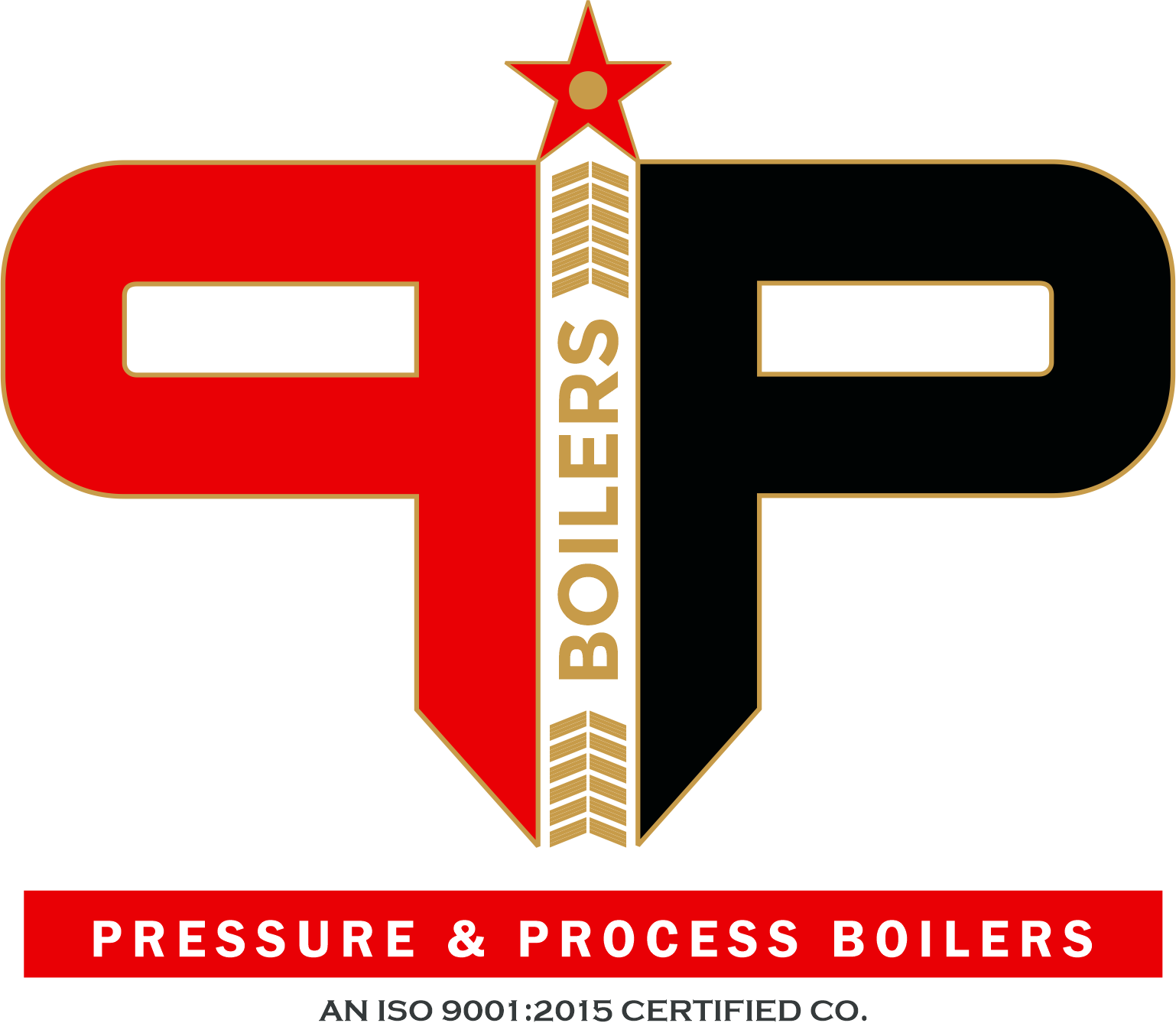AFBC Boiler
AFBC Boilers are designed to handle a wide range of fuels while keeping emissions low and performance high. In these boilers fuel is burned by suspending fuel particles in a bed of heated bubbling bed and air. This allows better mixing of fuel and air, resulting in cleaner and efficient combustion — even with low-grade fuels like lignite, high-ash coal, petcoke, agro-waste and other biomass.
Capacity
02 TPH to 200 TPH
Working Pressure
Up to 110kg/cm²
Temperature
Up to 540°C (Superheated Steam)
Fuel Options
Coal, Rice Husk, Biomass, Pet Coke, Dolochar Etc.
AFBC Boiler can be distinguished by design & firing options:
- Overbed firing
- Under bed firing
- Overbed with bottom hopper
- Under bed with bottom hopper
With Smoke Cum Watertube or Watertube Single/Bi-Drum Configurations.
Key Points:
- Fuel Flexibility & Versatility: Capable of efficiently burning a wide range of fuels such as coal, lignite, rice husk, bagasse, petcoke, wood chips, and other biomass materials.
- Eco-Friendly Low Emission Design: Ensures reduced emissions through controlled combustion, in-bed sulphur capture, and low NOx formation—supporting compliance with environmental regulations.
- High Efficiency: Uniform and complete combustion results in improved heat transfer, higher thermal efficiency, and overall cost-effective operation.
- Robust Construction: Manufactured using high-quality (grade) materials to ensure long service life, durability, and low maintenance needs.
- Quick Start-Up & Load Response: Quickly reaches operating conditions and adapts well to varying industrial load demands.
- User-Friendly Operation: Integrated with modern instrumentation and automation systems for easy control and simplified maintenance.
Salient Features:
- In-Bed Coils: Studded coils for enhanced heat transfer in the fluidized bed.
- Advanced Air Distribution: Nozzles ensure uniform air-fuel mixing.
- Ash Recycling: Re-injects unburned particles for improved efficiency.
- Automated Controls: PLC-based systems for real-time monitoring and adjustments.
- Durable Refractory Lining: Withstands high-temperature combustion environments.
- Emission Control: Integrated with cyclones, ESPs, or scrubbers to minimize particulate matter and SOx/NOx emissions.
We also offer customized solutions based on your plant’s steam requirements, fuel availability, and space constraints. With our AFBC Boilers, you get a product that’s both efficient and economical, backed by years of industry expertise.
Applications
- Power Plants: Captive and co-generation power units.
- Textiles: Steam for dyeing and drying processes.
- Chemicals: Process heating and reactor systems.
- Paper Mills: Steam generation for pulp drying.
- Distilleries: Combustion of spent wash and biomass blends.
